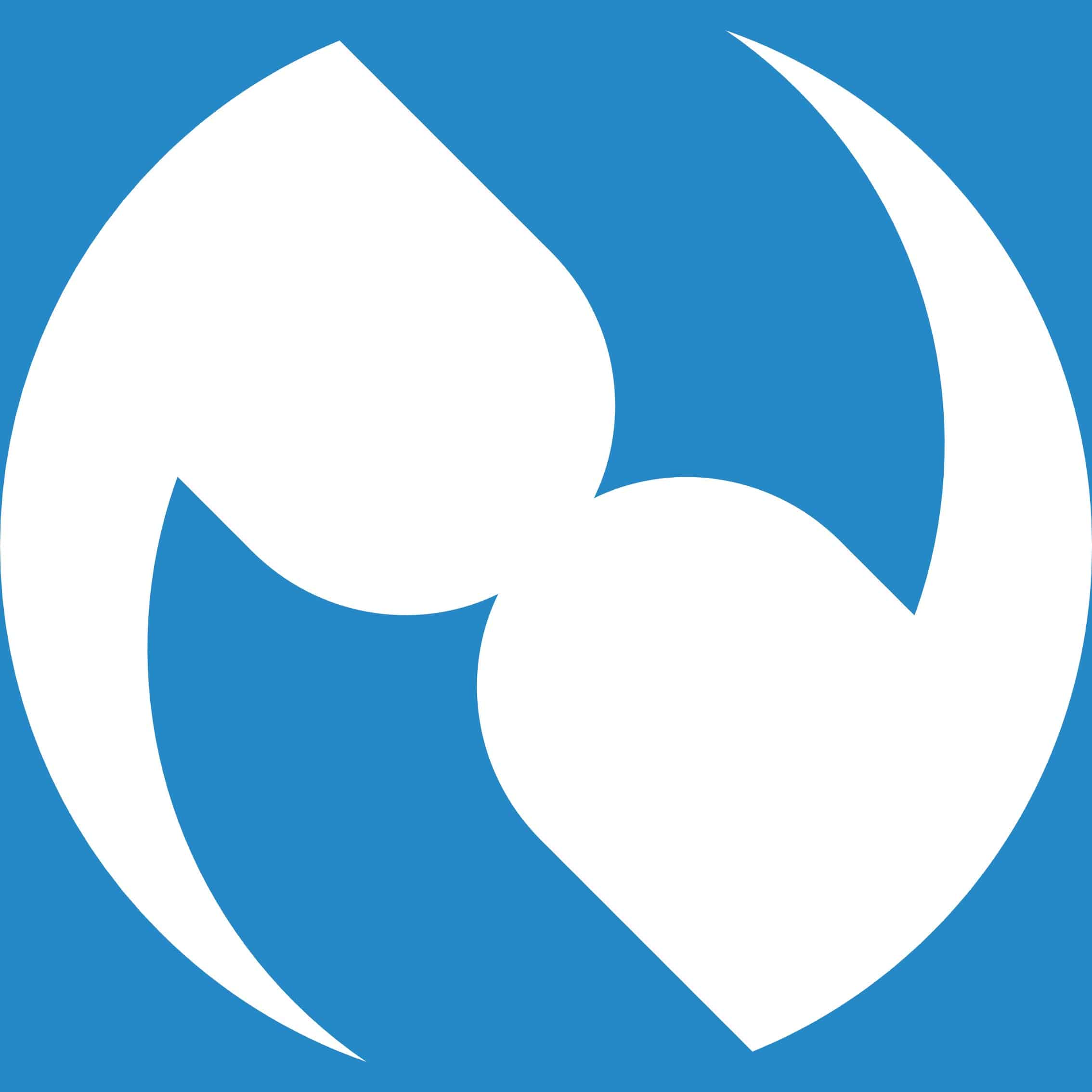Capital markets news summary for Fri 24 Feb 2023
Capital markets news summary for Fri 24 Feb 2023
Dairy Farm sells Giant to Malaysian investors
The London, Singapore and Bermuda-listed company entered into an agreement to sell its Malaysian food business. Since entering the Malaysian market in 1999, it now operates 40 Giants hypermarkets, 40 Giant Mini stores, 8 Mercatos, 2 Cold Storages and 1 TMC via 70% owned GCH Retail. The balance 30% is held by Negri Sembilan royalty-linked Syarikat Pesaka Antah. The businesses will be acquired by Macrovalue Sdn Bhd which is 50:50 owned by Datuk Andrew Lim’s USP Resources and Datuk Gary Yap’s Gyap Holdings. USP Resources owns Gama – which runs the Gama Supermarket and Departmental Store in Penang – and 50% of USP Equity, which in turn has 90% of Sogo Department Store. Datuk Gary Yap owns Euro Deli Shop that imports meat and sausages from Europe. Giant has been making losses in the last decade except for 2020 when it posted a RM12.23m net profit. It has negative shareholders’ funds with total liabilities at RM2.71b compared with total assets of RM1.23b. The deal will be completed in early Mar. Dairy Farm will continue to operate and expand Guardian Health and Beauty.
Axiata records revenue of RM21.73b in 2022 up 8.66%
Revenue in the previous year was RM19.99b. Net profit however swelled to RM9.77b compared with RM881.9m in 2021 due to RM13.5b one-off gain from the Celcom disposal as part of the Celcom-Digi merger but offset by RM4.15b goodwill impairment across its mobile operations in Nepal, Indonesia and Sri Lanka. The company plans RM7.7b capex in 2023 up from RM6.6b last year and will focus primarily on its Indonesian broadband and mobile business and its tower business. The integration of the Celcom and Digi brands will only happen gradually over the next 2 years after the conclusion of the merger in Nov 2022. The counter closed at RM3.15.
Pet World Nutritions plans Singapore IPO
The pet food maker is working on listing to raise USD100m as early as end-2023. The company makes 100,000 tonnes annually of the ProDiet cat food and ProBalance dog food. Proceeds from the listing with be used to further expand the business. Apart from Malaysia, the company markets its products in Singapore, China, Taiwan, Thailand, Indonesia and Brunei. The pet care market in Southeast Asia is projected to grow from USD1.6b in 2022 to USD3.08b in 2032. In Nov 2022, Thai pet food maker i-Tail Corp raised USD611m in Thailand’s 2nd biggest IPO for the year. The deal will add excitement to the Singapore IPO market which saw only USD68.7m in IPOs in 2022 compared with USD1.94b in 2021.
Abu Dhabi National Oil Company sold 4% Adnoc Gas shares in hours
The IPO raises USD2b from the sale of 3.07b shares for 66 cents each valuing the company at USD50.8b on par with Italy’s Eni SpA and Houston-based Occidental. Abu Dhabi state-linked companies including Alpha Dhabi International Holding Co became cornerstone investors committing USD850m. The IPO will be the biggest in Abu Dhabi. So far in 2023, USD1.67b have been raised in IPOs across Europe, the Middle East and Africa. Abu Dhabi National Oil Company (Adnoc) announced the deal in Nov 2022 and created Adnoc Gas – by merging several units which earned USD8.7b in 10M2022 – for the listing early this year. The UAE has the world’s 7th largest gas reserves and will export 15m tonnes of LNG annually in the next several years spearheaded by Adnoc Gas. The company has 10b cubic feet per day production capacity in 8 onshore and offshore sites and a pipeline network of 3,250km. First Abu Dhabi Bank and HSBC are the lead banks for the IPO with trading to start on 13 Mar.
China tech civil war worries investors
Overseas investment opportunities are drying up for Chinese internet companies. This makes it harder for their business and for further acquisitions in foreign markets. Instead, they look inward for growth forcing competition in particular on product pricing. JD.com Inc was reported to have prepared a USD1.5b subsidy campaign to fight off rival PDD Holdings from encroaching on its turf. JD had thus far exhibited prudence in spending and its profit margins are among the lowest in the Nasdaq Golden Dragon China Index. The company has limited room to manoeuvre in an epic fight. Investors are concerned with a potential no-holds-barred slugfest because there is no indication of what is considered acceptable behaviour. Cutthroat competition could force the companies to do extreme things.

